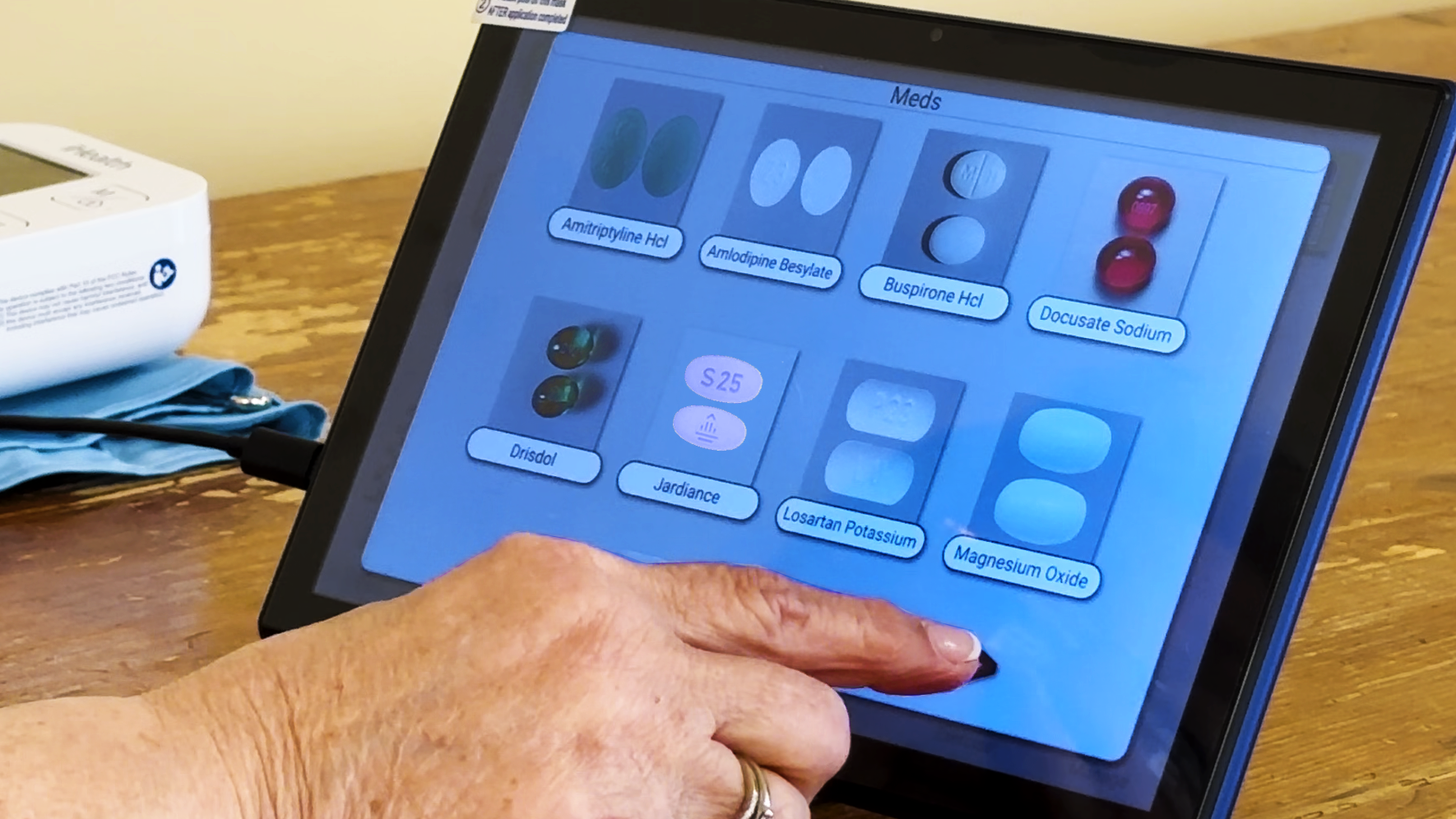Improving Medication Adherence in Complex Patients
Increasing engagement, adherence and outcomes
Medication adherence rates for individuals with chronic conditions such as diabetes and hypertension can be as low as 50% to 60%, even for individuals with adequate insurance coverage. This contributes to poor outcomes, especially for vulnerable populations. Senscio’s Ibis Health Program delivers AI-guided medication reminders to members and alerts to care team members who can help members navigate potential side effects, refill challenges, and other barriers to adherence. This technology-leveraged, multifactorial approach results in medication adherence rates of 80 percent or greater in complex patient populations.
Addressing one of the Nation's biggest health care challenges

Understanding Non-Adherence
“Once they have the knowledge, you can see the medication adherence go up, you can see how they are taking better care of themselves, you can see as their blood sugars go down, their blood pressures go down, and you know that hey, all it took was them taking their medications correctly for this to happen."

Chris Stays on Top of His Meds
“I have a pretty good memory, but I do forget things sometimes, and a lot of my meds, I can’t forget because it could be dangerous,”
Chris Adams Sr. shares his story of becoming a better version of himself, living with Congestive heart failure.

Q&A: Member Advocate Krista T.
"When we do not take our meds as prescribed, you are more likely to have other side effects, less likely to be able to treat the disease that you are trying to treat, and more likely to have complications with them... We could prevent so many diseases and deaths if we just take our medications,"

Modeling adherence behavior using AI
When Ibis Health members report taking their medications, IbisHub’s artificial intelligence turns that into a data point integrated into all of the information known about the member, creating the ability to model trends and drive intelligent nudging, guidance to the care team and patient education interventions. These interventions are continuously evaluated to understand what engagement strategies work best for each member, allowing the support that Ibis Health provides to be personalized — meeting members exactly where they need help the most.
As a result, Ibis Health members report an 80 percent adherence rate to their medications, a significant improvement over the 50-60 percent rates often reported by the U.S. Center for Disease Control and Prevention.
Senscio’s patented AI-based IbisHub™ platform does more than just letting patients with complex chronic conditions know when to take their meds.

"Bringing in Ibis has really allowed us to not compromise on doing things our way,” said David Galbraith. “Ibis brings the expertise to translate that into CMS’ language, into Medicare’s language, to take what we’re doing and show how that’s exceeding what CMS is asking for, so that they see that we are keeping patients at home living the life they want to live, which is costing the health care system and Medicare specifically a lot less."
David Galbraith, MD., Co-owner Galbraith Family Medicine
"When you look at traditional Medicare, where the government pays 80 percent and the patient pays 20 percent, and then the patient’s portion may be covered by supplemental insurance, there is a direct impact on both the health plan’s expense and the individual’s expense if the treatment can be more effective, more efficient and in a less expensive setting. That’s really the value of Senscio: It cuts through the barriers to accessing health care, and it does so at a much lower cost than an emergency room visit or even an urgent care visit [by] giving patients the ability to access information and advice on care right away."
Jim Roosevelt Jr., Chairman of the Board





